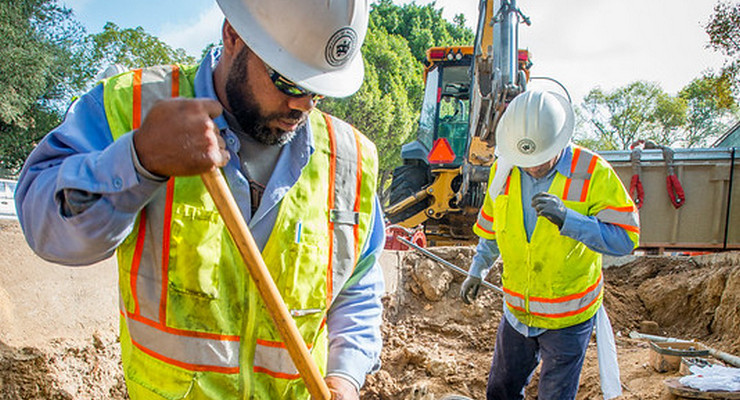
A study led by Kaiser Permanente in Pasadena showed that COVID-19 was associated with a four-percent increase in use of health care services overall by patients the six months after initial infection. The study, which surveyed patients from eight health care organizations across the United States, was published August 12, 2022, in JAMA Network Open.
“This study showed us that, in terms of the number of follow-up visits, a substantial amount of health care utilization occurs in the six months following the acute stage of SARS CoV 2 infection, which highlights the potential for COVID-19 to exert an ongoing demand on health care organizations,” Dr. Sara Tartof, an epidemiologist at Kaiser Permanente Southern California, who’s a lead author of the study. “A four-percent increase in encounters applied across a large population is a large number of visits associated with substantial cost. The absolute number is big. In this case, it was over 27,000 extra encounters among the eight health care organizations included in this study.”
Dr. Tartof is a faculty member of the Kaiser Permanente Bernard J. Tyson School of Medicine, also in Pasadena. She adds that on a broader scale, the study will help health care organizations develop their long-term strategic plans to meet patients’ needs following COVID-19 infection.
Among other things, the study showed some people who were infected with COVID-19 continued to experience symptoms long after the acute infection had subsided. It also showed that the greatest increase in encounters for these patients was in virtual visits, followed by emergency department visits.
The patients included in the study included all ages from eight large integrated health care organizations who completed a COVID-19 diagnostic test between March 1 and November 1, 2020. Patients were matched on age, sex, race, ethnicity, site, and date of COVID-19 test, and were followed for 6 months. The final matched study group consisted of 127,859 patients who tested positive for COVID-19 and 127,859 patients who tested negative.
The study found that 18 COVID-associated conditions remained elevated six months from the acute stage of illness, including lingering COVID-19. These conditions included alopecia (hair loss), bronchitis, pulmonary embolism or deep vein thrombosis, and dyspnea.
In total, extra health care use associated with the effects of COVID-19 infection consisted of 212.9 additional encounters per 1,000 patients with COVID-19.
The study is one of the largest and most comprehensive studies of post-COVID utilization among children under age 17. It was conducted within the Vaccine Safety Datalink, a research collaboration led by the U.S. Centers for Disease Control and Prevention (CDC) that combines electronic health record databases to conduct large epidemiological studies.
The eight sites that contributed data were Kaiser Permanente Southern California as the lead site, Denver Health, HealthPartners Institute, Kaiser Permanente Colorado, Kaiser Permanente Northern California, Kaiser Permanente Northwest, Kaiser Permanente Washington, and Marshfield Clinic Research Institute.














 1 comment
1 comment


